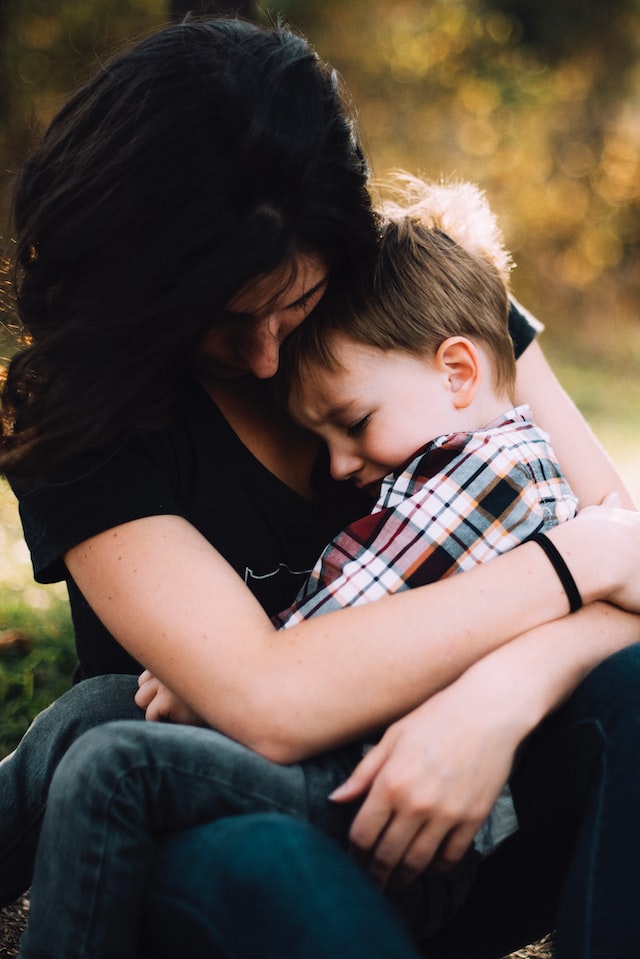Divorce is often a challenging and painful experience for all parties involved, but it can be incredibly challenging for children. Depending on the child’s age the effects of divorce can vary. It is crucial for parents to understand these differences so that proper support can be provided.
Infants and Toddlers
Infants and toddlers can still be affected by the changes divorce brings, even if they do not have a full understanding of what is happening. They may sense conflict and tensions between their parents which can lead to changes in their environment. These changes can include increased crying, clinginess, and sleep disturbances. By providing a consistent routine, parents can help to ease the disruption in their child’s life. It is also important for parents to continue to show affection and attention to their baby or toddler.

Preschoolers
Although preschoolers may have a better understanding of what is happening, they still may not be able to fully grasp the concept of divorce. Preschoolers may worry that they caused the divorce or that one parent will leave them. This can cause intense feelings of sadness, anger, and confusion. It’s important for parents to be honest and age-appropriate when communicating about the divorce. They can reassure the child that the divorce is not their fault and maintain a sense of stability and routine in the child’s life.
Elementary School Children
Elementary school children have a deeper understanding of what divorce is as well as its implications. Often, school-aged children are more vocal about their feelings and concerns regarding divorce. They may feel caught in the middle of their parents’ conflicts and may feel like they have to take sides. As the family structure changes, they may experience a sense of loss or grief. To help, parents can listen to their child’s concerns, validate their feelings, and provide opportunities for the child to express themselves through art, play, and other activities.
Adolescents
Adolescents have a complex set of emotions. Typically, their reactions to divorce range from anger and frustration to guilt and shame. They may struggle with their own identity and sense of belonging as well as feeling torn between loyalty to both parents. Divorce also creates practical issues for teens and tweens, such as navigating new living arrangements and changes in school or social circles. It is important that parents work with an attorney to devise a clear custody agreement so that the adolescent knows what to expect. During this time, it is crucial that parents respect adolescents’ need for independence and privacy as well as open and honest communication.
Parents should prioritize their children’s well-being, regardless of age, to minimize the negative impact of divorce. This can include seeking support from professionals, such as therapists or counselors, maintaining positive relationships with co-parents, and creating a sense of continuity and stability. Every child is unique, so it is important for parents to remember that each child may have different needs and reactions to the divorce. Parents should be flexible and responsive to their child’s individual needs.
The effects of divorce on children at different ages can be complex; however, with understanding and support, parents can help their children navigate this difficult life change. By prioritizing their child’s well-being and focusing on their needs, parents can help ensure their children will continue to grow and thrive despite the challenge of divorce.
















Add Your Comment